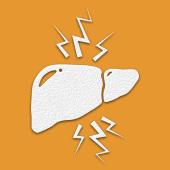Infection
The downside of taking anti-rejection medications is that it pacifies your immune system, which leaves you vulnerable to infections from viruses, fungi, or bacteria. To prevent this from happening, you’ll need to take antibacterial, antivirus, and antifungal medications for 3 to 6 months after surgery. The main symptom to look out for is a fever. Contact the transplant team immediately if you get a high fever after you’ve been discharged from the hospital.
Follow these rules to avoid a serious infection:
- Stay away from sick people
- Wash hands with soap before eating and after using the bathroom
- Shower regularly, and wash the area of the incision as you would any other part of your body
- Clean cuts and scrapes with soap. Apply an antiseptic and a bandage.
- Never touch feces from pets without gloves, and make sure you wash your hands thoroughly after doing so.
- Always wear gloves while gardening or touching dirt.
- Brush and floss your teeth every day.
- Keep nails clean and trimmed.
- Do not get any vaccine that contains a live virus (such as smallpox or polio vaccine). Talk to the transplant team before getting any vaccination, or if someone you live with is getting
vaccinated.
- Do not smoke, and avoid second-hand smoke at all costs.
- Do not consume alcohol.
- Consult with our transplant team if you’re planning on traveling outside of the country so we may assess any risks and give you recommendations.
Symptoms of Infection: fever, chills, fatigue, diarrhea, vomiting, redness or drainage around the incision site, and a cough or sore throat.







